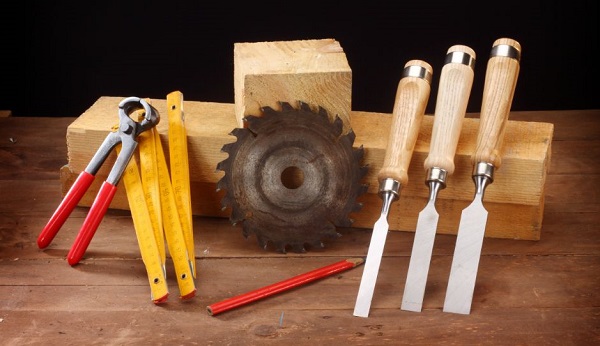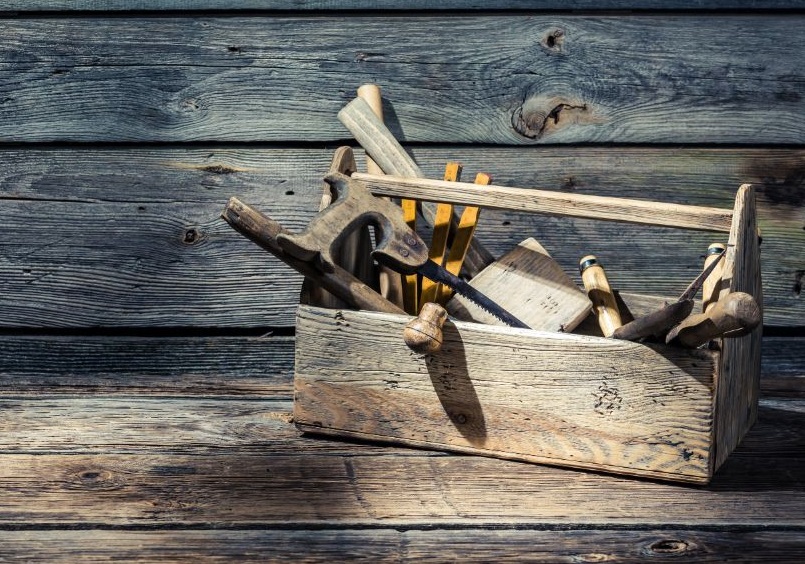Carpentry and joinery are crafts deeply rooted in the history and culture of Scotland and the wider United Kingdom. From ancient timber-framed buildings to modern architectural wonders, the tools used by carpenters and joiners have evolved over centuries, yet many traditional implements remain essential to this day.
In Scotland and the UK, carpentry and joinery tools reflect a blend of time-honored craftsmanship and innovative technologies. Historically, hand tools were the cornerstone of these trades, and many artisans still prefer them for their precision and control. Among the most iconic hand tools are the chisel, plane, saw, and mallet.
Chisels are indispensable for carving and shaping wood, with various types suited to different tasks. The firmer chisel, with its sturdy blade, is favored for heavy-duty work, while the delicate paring chisel excels at fine detailing. Carpenters and joiners in Scotland often cherish their chisels, passed down through generations, as symbols of skill and tradition.

Planes, another essential hand tool, smooth and flatten wooden surfaces with remarkable precision. Traditional wooden planes, meticulously crafted by skilled artisans, are still prized by enthusiasts for their craftsmanship and performance. However, modern metal-bodied planes offer durability and adjustability, appealing to contemporary woodworkers.
Saws come in diverse forms, including handsaws, backsaws, and coping saws, each tailored to specific cutting tasks. In Scotland and the UK, the tenon saw is a staple of joinery, renowned for its accuracy in cutting tenons and other joinery joints. Meanwhile, the coping saw’s slender frame and fine blade make it ideal for intricate curved cuts, a common feature in traditional British woodworking.
The humble mallet, though seemingly simple, is indispensable for driving chisels and other tools without damaging delicate wood fibers. Traditionally made from hardwoods like beech or ash, these mallets are prized for their balance and heft, providing the necessary force while minimizing fatigue. Thanks to the best joiners in Stirling for this website.
Beyond hand tools, power tools have revolutionized carpentry and joinery, enhancing efficiency and precision. Electric drills, routers, and power saws have become ubiquitous in workshops across Scotland and the UK, streamlining tasks and expanding creative possibilities. However, many artisans maintain a deep appreciation for traditional craftsmanship and continue to incorporate hand tools into their practice.

In addition to basic hand and power tools, specialized implements cater to specific tasks and techniques. For instance, the mortise and tenon joint, a hallmark of traditional joinery, relies on tools like mortise chisels and shoulder planes for precise fitting. Similarly, dovetail saws and chisels are essential for crafting dovetail joints, renowned for their strength and elegance.
As Scotland and the UK embrace sustainable practices and environmentally friendly materials, woodworking tools are evolving to meet these demands. Increasingly, artisans are turning to reclaimed wood and eco-friendly finishes, while manufacturers are developing energy-efficient power tools with reduced environmental impact.
Carpentry and joinery tools in Scotland and the UK embody a rich heritage of craftsmanship and innovation. From time-honored hand tools to cutting-edge power equipment, these implements empower artisans to create enduring works of beauty and utility, preserving tradition while embracing the future of woodworking